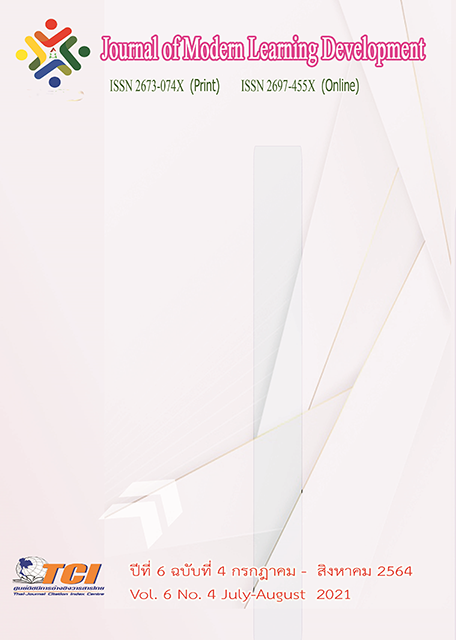The Impact of the Suspension of Local Election on Citizens
Main Article Content
Abstract
This research aimed to explore the impact of the National Council for Peace and Order Number 1/2014, which suspended the election of local members and local administrators who completed their terms or were removed from their offices in accordance with the law on elections of local government organizations.
The data for this research were obtained from interviews with a sample of 200 people from a municipality where the clerk acted as the mayor and another 200 people from a municipality where the elected mayor still performed his duties during the absence of an election. The data were analyzed using percentage and Chi-square values.
The results showed that the absence of an election affected a higher proportion of the citizens in the municipal area where the clerk acted as mayor than in areas where the elected mayor was still acting as mayor. This difference was statistically significant at a level of 0.001. This research found that the municipal clerk acting as mayor had far less close contact with the citizens. The clerk acting as mayor performed like a state official who was assigned to rule, not to serve, the people. This resulted in lower levels of accountability and responsiveness of the clerk who was acting as mayor as compared with the elected mayor.
Article Details
References
คำสั่งหัวหน้าคณะรักษาความสงบแห่งชาติ ที่ 1/2557. (2558, 5 มกราคม). ราชกิจจานุเบกษา. เล่ม 132 (ตอนที่ 1 ง ฉบับพิเศษ), หน้า 48-52.
ดวงใจ พุทธวงศ์ และคณะ. (2562). การเมืองและการปกครองท้องถิ่นของไทยในยุคเปลี่ยนผ่าน : ทิศทาง แนวโน้ม. วารสารมนุษยศาสตร์สังคมศาสตร์ปริทัศน์. 7 (2), 2-14
Romzek, Barbara S. and Melvin J. Dubnick. (1987). “Accountability inthe Public Sector : Lessons from the Challenger Tragedy.” Public Administration Review.
UNESCAP. (2009). What is Good Governance?. Online. Retrieved 18 October 2020. From: https://www.unescap.org/resources/what-good-governance.


